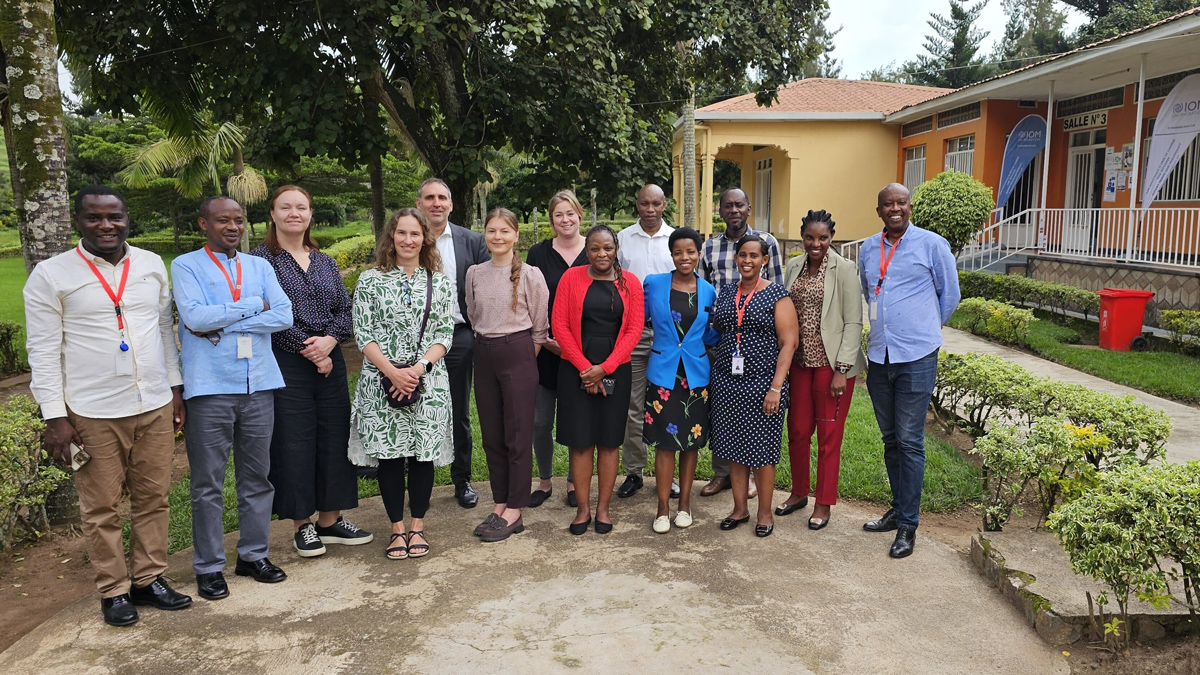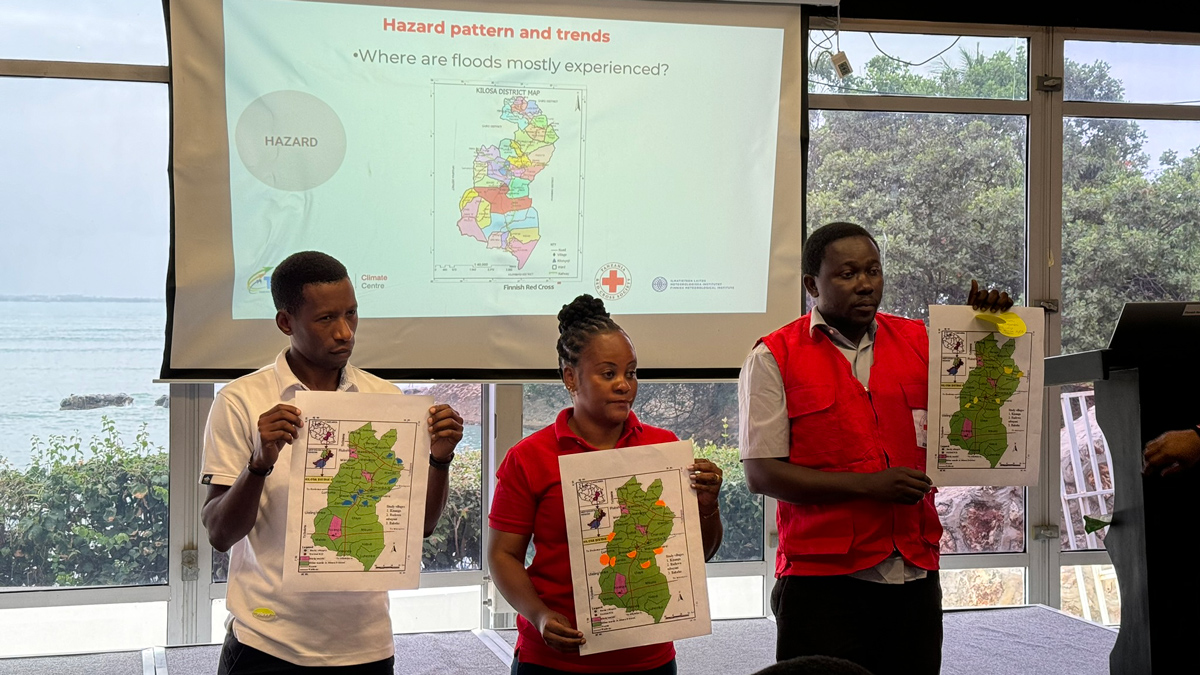Early Warnings for the Most Vulnerable – Finnish Meteorological Institute Developing Weather Services in East Africa

The Finnish Meteorological Institute and the Finnish Red Cross are assisting weather services and national Red Cross societies in Eastern African countries to develop weather early warnings and communication strategies aimed at reaching the most vulnerable citizens. Early warning systems are being co-developed with village communities in Turkana, Kenya; Rubawu, Rwanda; and Kilosa, Tanzania. More accessible warnings will be tested during the next rainy season from March to May 2025.
The Red Cross organizations have identified challenges and opportunities for improving early warnings and communication through local-level studies conducted in the project target countries. Meanwhile, Rwanda's meteorological services have been modernized, with support provided for tailoring and automating weather and early warning products for different communication channels.
The Finnish Meteorological Institute has supported its sister institutions in Kenya, Rwanda, and Tanzania in developing weather, early warning, and climate services under the FINKERAT project since 2022.
Accessible Weather Warnings Save Lives
In a rapidly changing world where climate change intensifies extreme weather events, the early warning systems and proactive action are increasingly vital for protecting people and their environments. This requires more accurate weather forecasts, accessible weather and early warning products, and more efficient communication between meteorological services, disaster management authorities, and local communities to enable timely responses.
"Early warning systems must produce clearer, more accessible, and regionally accurate weather warnings that provide people in the vulnerable situation enough time to take action," emphasizes Anne Hirsikko, Project Manager at the Finnish Meteorological Institute.
An inclusive approach is essential to ensure weather forecasts and warnings are accessible to everyone, thereby reducing inequality in receiving, understanding, and responding to forecasts.
The development of early warnings in FINKERAT countries has been advanced using co-development methods to ensure the needs and expectations of target audiences are met effectively. Additionally, guidelines have been prepared for weather service providers to help make warnings more accessible and practical, particularly for vulnerable groups. The guidelines also support collaboration between organizations and communities.
"In the coming years, the goal is to expand these lessons and operational models to even more communities so that no one is left without early warnings," Anne Hirsikko concludes.


More information:
Project manager Anne Hirsikko, Finnish Meteorological Institute, tel. 050 468 6753, anne.hirsikko@fmi.fi
Regional Manager of East Africa Sanna Salmela-Eckstein, Finnish Red Cross, sanna.salmela@finrc.fi
